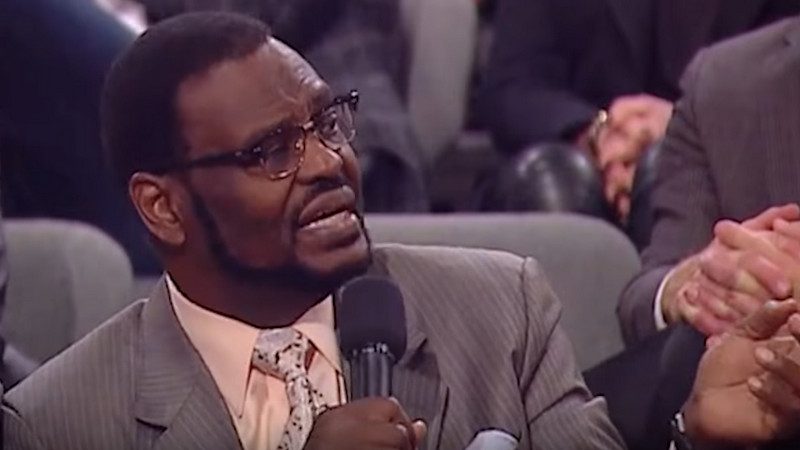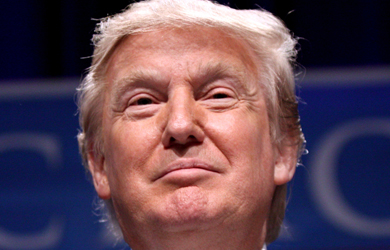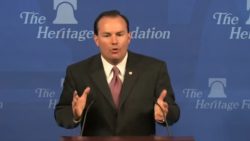Bishop Harry Jackson, a regular on the Religious Right speaking circuit and a primary spokesman for the Religious Right’s outreach to African American Christians, called for the church be “the lobbyist of the poor” at a pastors conference held at T.D. Jakes’ Dallas megachurch on Thursday. Given Jackson’s long support for a right-wing economic agenda, it is not clear what he was advocating.
From the Dallas Morning News report on the conference session:
“The church has to pull up its chair at the table and remember who they’re there to represent,” said Bishop Harry Jackson, senior pastor of Hope Christian Church in Washington, D.C. “Everybody has a lobbyist in Washington but the poor. The church is supposed to be the lobbyist of the poor.”
Seriously?
Jackson, who calls himself “a theologian with an MBA,” may have been responding to Jakes’ denunciations of people who, as the Morning News put it, “demand that pregnant women in poverty carry children to term but then fight against programs that will help them care for their kids.” Jakes specifically railed against “the narrative heralded from pulpits all over America, that the welfare of the poor should be provided by the church.”
But that is exactly the message of many people in the Religious Right circles that Jackson travels in. There’s a huge strain of Religious Right thinking that the Bible says that caring for the poor is not a responsibility of the government but of churches. Several years ago Jackson said he worried that preaching against greed “may wind up creating anti-economic growth and anti-capitalism concepts” in people’s minds. In 2008, Jackson took part in an astroturf campaign funded by the energy industry to accuse environmentalists of waging a “war on the poor.”
Jackson himself argues that minimum wage laws are immoral. For years, the Heritage Foundation has been promoting “Indivisible,” a booklet designed to make the case that a person can’t be a genuine fiscal conservative without also embracing right-wing social policies. Heritage invited people known for social-issue activism to write on economic issues and vice-versa, and that’s how they ended up publishing an essay by Jackson denouncing minimum wage and living-wage laws. In it, he writes that “to force employers to pay employees a fixed amount, regardless of the economic value of their labor” is a form of “coercion” that “reminds me of slavery.” Says Jackson, “As an African-American, I have a special, personal abhorrence against fixing salaries. Taken to its logical conclusion, it is one step away from a 21st century brand of slavery.”
Although he has described himself as a Democrat, Jackson has long been part of the Religious Right’s tight embrace of the Republican Party. He was part of Trump’s evangelical advisory board and said that Hillary Clinton’s agenda was “anchored in anti-biblical darkness.” Trump, he said during the campaign, “is for free enterprise and he is for lift that will bring dignity to all people.”
Jackson urged voters not to abandon Trump after the tape came out with the then-candidate bragging about his ability as a celebrity to sexually assault women. On the Christian Broadcasting Network, Jackson urged people to focus on policy, not personality, saying, “The policies in the platform of the Republican Party this year are probably the most biblically oriented, pro-church kind of platform that we’ve had in all the years I’ve been publicly active in politics.”
Jackson also took part in Trump’s inaugural prayer service. So if he really wants to lobby the Trump administration or the Republican Congress on behalf of the poor, he knows how to get in touch.









